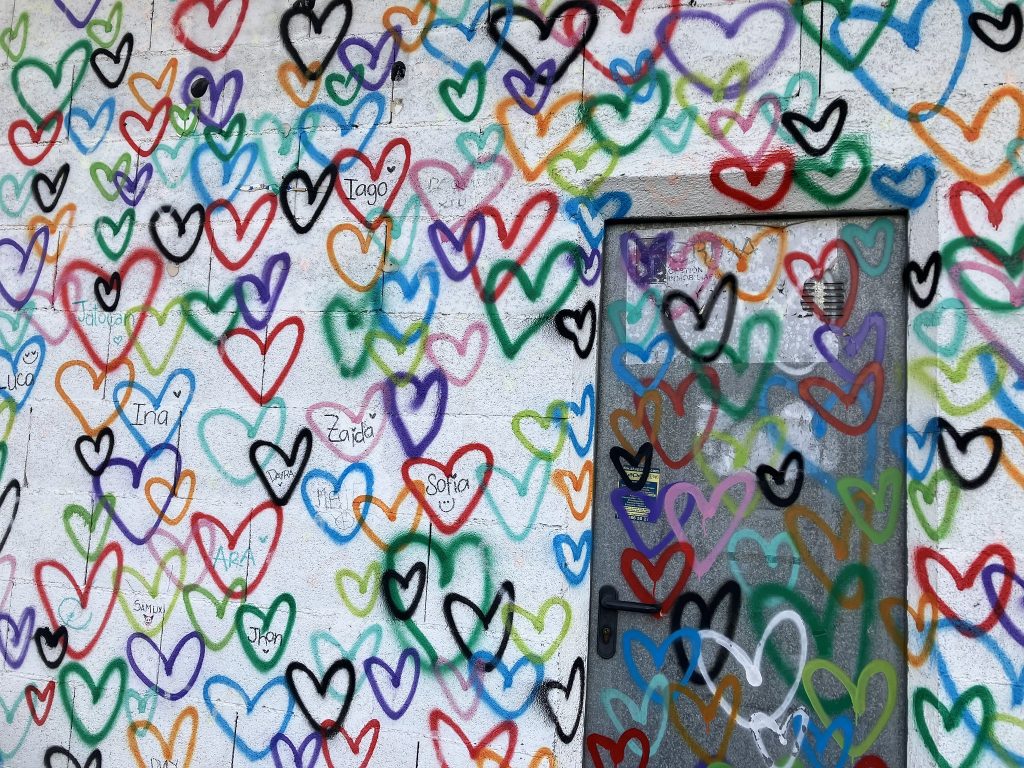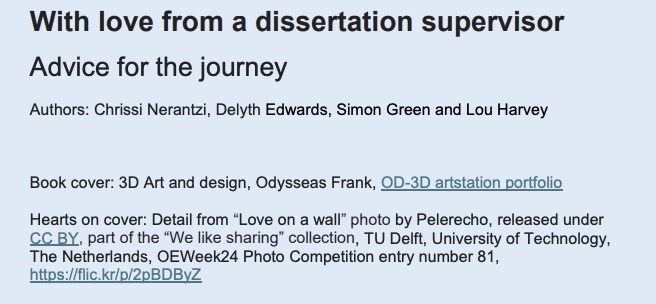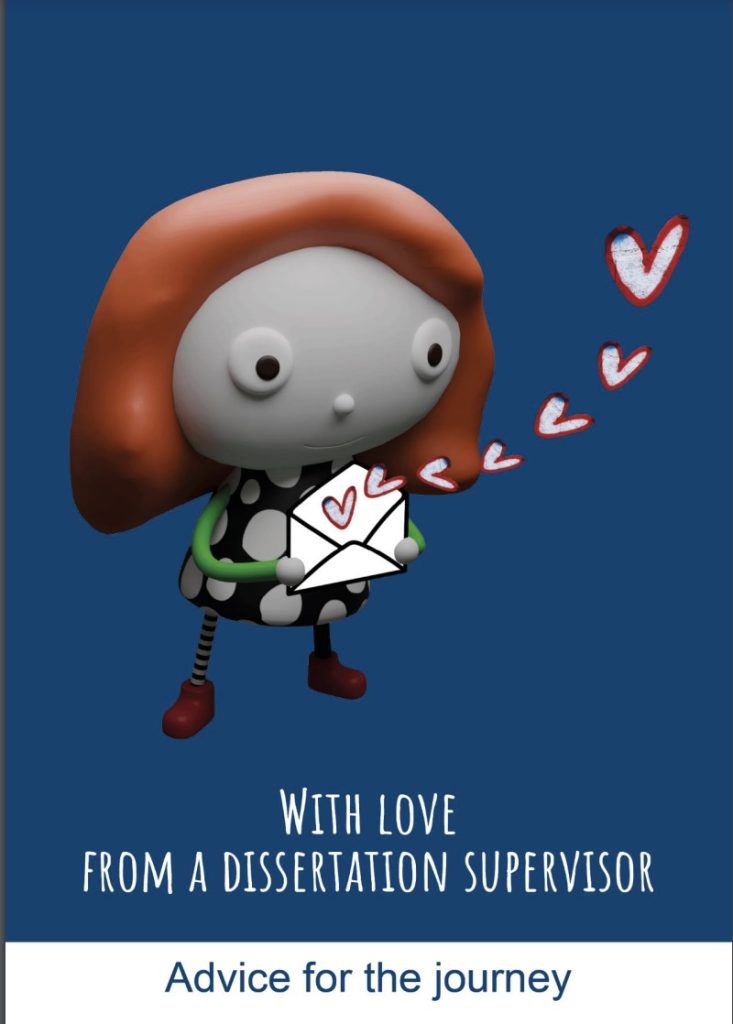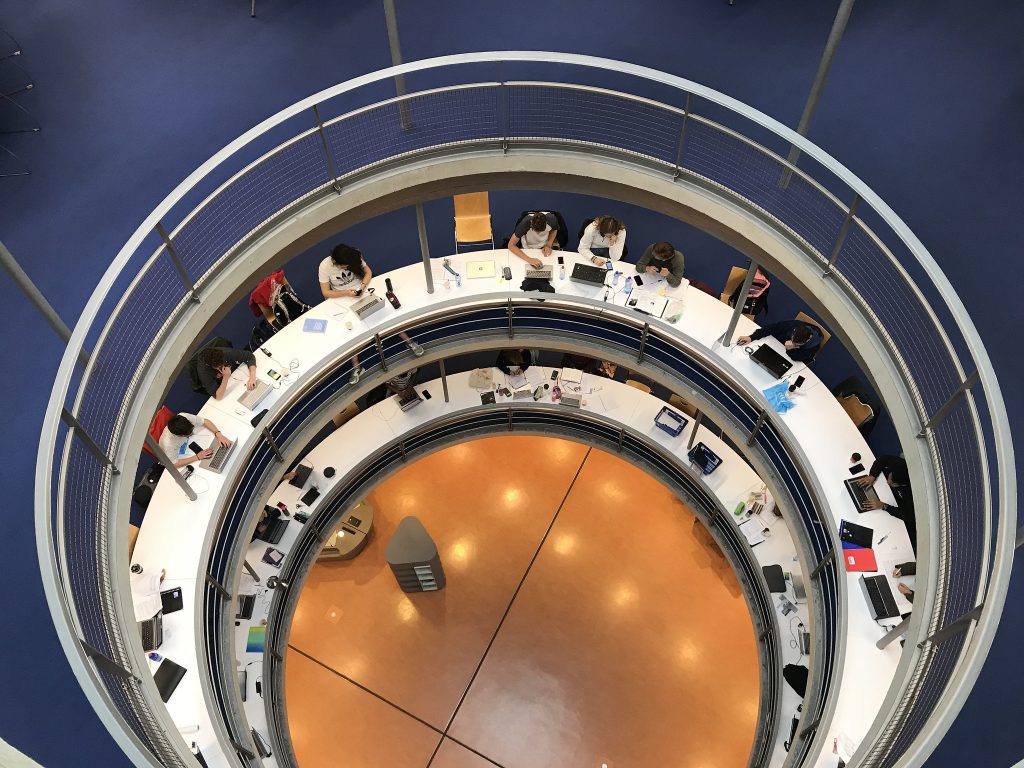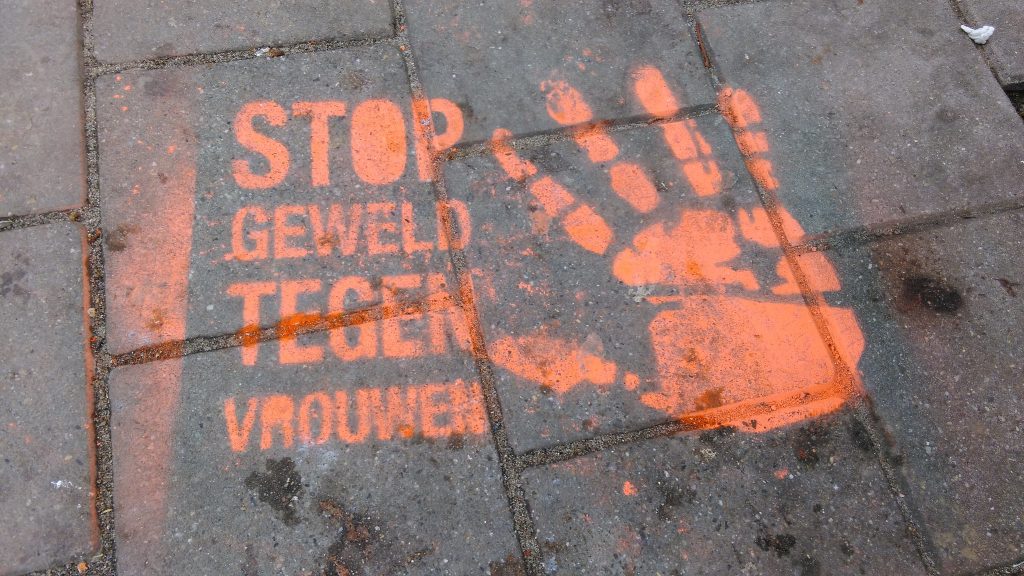On September 18, 2024, in an exciting live show featuring previous OEAward recipients, Open Education Global (OEGlobal) announced the award winners of the 2024 Open Education Awards for Excellence (OEAwards 2024).
The OEAwards recognize outstanding contributions to open education across 16 categories across four core segments. The annual global celebration recognizes outstanding contributions in the Open Education community, exemplary leaders, distinctive Open Educational Resources, Open Practices worldwide, and inspiring innovations.
This year, the OEAwards process received and reviewed nominations for more than 120 people and projects from 29 countries. The 30-member review committee (comprising previous award winners) and the OEGlobal Board of Directors reviewed the nominations to yield the shortlist of finalists and this collection of 25 Award Winners for 2024.
Keep reading to meet the winners!
Meet the 2024 Award for Excellence winners
People of Open: Individual Award Winners
Open Education is only possible due to the work and passion of extraordinary people. The 2024 Open Education Awards for Excellence recognizes these People of Open with Individual Awards:
- The Lifetime Achievement Award goes to Martin Weller at Open University, United Kingdom.
- The President’s Award goes to Lisa Young at Maricopa Community Colleges, United States.
- The Catalyst Award goes to Melody Chin at Singapore Management University, Singapore.
- The Catalyst Award goes to Kimberlee Carter at Conestoga College, Canada.
- The Leadership Award goes to Colin de la Higuera at Nantes Université, France.
- The Leadership Award goes to Laura Czerniewicz at the University of Cape Town, South Africa.
- The Open Educator Award goes to Maria Luisa Zorrilla at Universidad Autonoma del Estado de Morelos, Mexico.
- The Student Award goes to Carleigh Charlton at Brock University, Canada.
Meet the eight 2024 Individual Award Winners…
What We Share: Open Assets Award Winners
Open assets are what open education initiatives produce and use: tangible goods (usually digital) with educational purpose and value. Open assets are created, curated, and distributed in ways that make them freely accessible, usable, and improvable by others. The 2024 Open Assets Awards Winners are:
- The Open Curation / Repository Award goes to 101 Creative Ideas to Use AI in Education: A Crowdsourced Collection, which includes contributions from members of the University of Leeds, University of Calgary, University of Macedonia, University of Suffolk, and University of the Arts London in the United Kingdom, Canada, and Greece.
- The Open Infrastructure award goes to the Open Music Academy, which is published and maintained by Hochschule für Musik und Theater München, Germany.
- The Open Reuse / Remix / Adaption Award goes to The Remixer Machine, created by Visual Thinkery in the United Kingdom.
- The Significant Impact OER Award goes to Frontiers for Young Minds, which was created by Frontiers for Young Minds in Switzerland.
- An additional Significant Impact OER Award goes to Confident Supervisors: Creating Independent Researchers from multiple contributors based in Australia, New Zealand, the United States, Europe, and Papua New Guinea.
Meet the five Open Assets Award Winners…
How We Share: Open Practices Award Winners
Open Practices are collective behaviors and techniques that open up access to educational opportunities. The 2024 Open Practices Award Winners are:
- The Open Collaboration Award goes to all the people involved in creating the book “Higher Education for Good,” which was created by 118 people worldwide, including 79 authors and artists, 36 peer-reviewers, and three editors.
- The Open Collaboration Award goes to the CAUL Open Educational Resources Collective facilitated by the Council of Australian University Librarians (CAUL), Australia.
- The Open Pedagogy Award goes to the WikiChallenge Ecoles d’Afrique (WikiChallenge African Schools) annual contest in primary schools across 10 francophone African countries created and managed by Wiki In Africa in collaboration with Fondation Orange.
- The Open Research Award goes to the Call For Science: Revolutionizing Open Educational Research, which is facilitated by the Tecnologico de Monterrey, Mexico.
Meet the four 2024 Open Practices Award Winners…
Special Awards
While the core categories of OE Awards (individual, resources & practices) remain the same each year, we always look for ways to reflect new trends and emerging innovations recognized through awards that change with the times. The Award winners in this years’ Special Awards category are:
- The Diversity, Equity & Inclusion Award goes to Doing the Work: Diversity, Equity, and Inclusion in Open Educational Resources and Equity-minded Open Course Design, facilitated by Open Oregon Educational Resources, United States.
- The Diversity, Equity & Inclusion Award goes to Open for Antiracism (OFAR), a five year project conducted withing the California Community College System by CCCOER and the College of the Canyons, United States.
- The Enacting SDGs Award goes to the Education in Emergencies (EiE) Package created by the Education Above All Foundation, Qatar.
- A new category for 2024: Open With Artificial Intelligence Award goes to Open Audio – OER Audiobooks created and published by Los Angeles Harbor College, United States.
- The Open With Artificial Intelligence Award goes to AI and Open Education for All from the Tecnologico de Monterrey, Mexico.
- The Wildcard Award goes to the Fabrication Laboratory – Fab Lab Kä Träre at UNED de Costa Rica, Costa Rica.
- A second Wildcard Award goes to Gettin’ Air With Terry Greene, hosted at Trent University by VoiceEd Radio, Canada.
- A third Wildcard Award goes to Editing Wikipedia as Academic Activism by Lucy Moore at the University of York, United Kingdom.
Meet the eight Special Awards Winners…
These individuals and organizations have demonstrated exceptional commitment to advancing open education practices and resources. Read more about them via the Meet the 2024 Winners pages or directly in the OE Awards Hall of Fame.
Congratulate and engage the winners in OEG Connect
What do you think of the winners? Add to the discussions below and share your experiences of these people and projects by clicking on reply in OEG Connect below.

